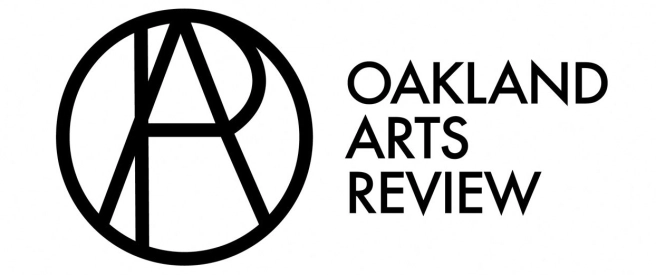This is part three of a four part series in which contributors from our 2019/2020 issues are interviewed on the topic of their published work– in the case of this series, the topics discussed will deal with race and racism. The United States is in the midst of a great awakening and it is imperative that we take the time to educate ourselves on what’s going on, why this is happening and how we can help; that starts with uplifting the voices of BIPOC wherever possible and listening to their stories and struggles about life in America. Today we’re highlighting Khadijah Green, whose piece “Negro Paranoia” can be found in our 2019 Vol. 4 issue. It can be read here: Negro Paranoia
1) What do you hope readers take away from your piece?
I wrote this poem after my mom told my younger sister and me that we should be careful when window shopping in white-owned stores. The Black body is often a locus for violence, and I think to be a Black person is to constantly be aware of the fact. We’ve seen how the Black body can be perceived as a threat while playing, shopping, sleeping, and so on. There’s an extreme self-consciousness that comes with that knowledge, so what feels like paranoia really becomes an act of survival for the speaker. It’s not only hyperawareness of the fact that they can be perceived as a threat even while doing something as innocuous as window shopping, but the threat that this white man poses for them if they decide to engage the police or take matters into their own hands.
2) How do you feel about the current situation happening in the US (BLM)?
I’m optimistic by nature, so I have hope from the number of people who have mobilized and the real gains that have been made so far, such as Minneapolis Public Schools cancelling their contracts with local police departments. I do worry about how much of BLM’s momentum was spurred by social media and how that has changed as people’s feeds go back to normal. Much has already been said about social media and short attention spans to so I won’t harp on, but I do think that real, material change will require sustained, widespread support
3) If there is one thing you could tell Americans in regards to BLM, what would it be?
I have seen a lot of talk which frames electoral politics as a solution to the issues raised by BLM. While I do think voting is important, it’s equally important to remember that BLM was founded in 2012 under a Democratic administration. Police brutality and state sanctioned violence know no party lines and the struggle doesn’t end in the voting booth. I think it’s also important that any conversation around electoral politics discusses the ways in which over policing and the prison industrial complex work together to prevent BIPOC from fully participating in the electoral process.
4) What is your personal experience in being a POC & an artist? Do you feel there is a difference in the treatment of POC in the arts? Much of my journey as a writer has been within the academic realm, which tends to be very white. I think when you’re a black person in predominantly white spaces, you often struggle between wanting to assert yourself as a Black artist who makes political art about the Black experience and wanting to assert yourself ad an artist who make apolitical art about the universal human experience. The journey for me has been in realizing that the Black body it an inherently political entity and, because I must view the world through that lens, all poems that I write will in some way connect to the black experience.
5) Tell me about yourself and your personal journey as an artist/writer
I’ve always really loved to write. I used to carry around a little notebook when I was in middle school that I would write songs and poems in. I lost it at my cousin’s house in Phoenix 9 years ago, but I do still have a laminated poem that I wrote when I was 8 about running a zoo tucked in scrapbook somewhere. I went to high school in Memphis and really got into slam poetry my senior year. Then, I went to college in New York for a semester because I thought I wanted to be an actress. I took my first creative writing class with the poet Jerry Williams, but it was actually a small collection of poems that I wrote on the intersection of race, gender, and mental health for an Ethics class that made me want to switch my major to Creative Writing. I transferred to Christian Brothers University the following Fall where I majored in Creative Writing and minored in theatre. I am currently living in Chicago.
